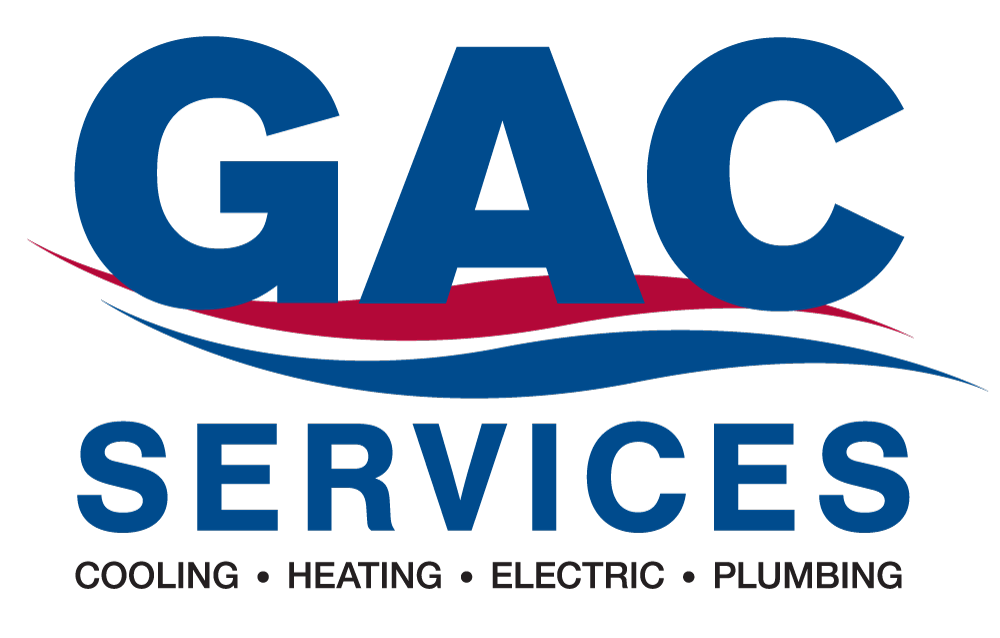May is National Electrical Home Safety Month so whether you are a homeowner or a renter, electrical safety should be a top priority in your home.
Many electrocutions and home fires can be prevented simply by understanding basic electrical principles and adhering to safe practices.
Replace or Repair Damaged Power Cords
Exposed wiring is a danger that cannot go overlooked. If you see the protective coating on a wire is stripped away, be sure to replace it or cover it with electrical tape as soon as possible.
Prevent Electrical Overloads
Every outlet in your home is designed to deliver a certain amount of electricity; by plugging too many devised into it at once, you could cause a small explosion or a fire. If you have a lot of things to plug in, use a power strip that can safely accommodate your needs.
Extension Cord Safety
Running extension cords through the house can trip up residents; this can cause injury and damage to the wire or outlet if it causes the cord to be ripped out of the wall. If you find yourself using extension cords very often, consider having an electrician install new outlets throughout your home.
Smoke Alarms and Carbon Monoxide Detectors
Working smoke alarms can mean the difference between life and death in the event of a home fire, but there is more you need to do to ensure your family is prepared to safely escape from a fire emergency.
Protect Small Children from Hazards
Toddlers and small children are very curious – and they love to explore just about everything. Parents of small children should put tamper resistant safety caps on all unused electrical outlets. In addition, all loose cords should be tidied up and put out of reach to avoid kids tugging on them.
We care about your family’s safety.
During the month of May, we are offering a home electrical safety check at a discounted price. We’ll check your smoke and carbon monoxide detectors, inspect the electrical panel to identify any safety concerns and more. See our promotions for details.
Call our licensed electricians and make sure your home electrical system is healthy and safe. Contact GAC Services online, or call us now.


